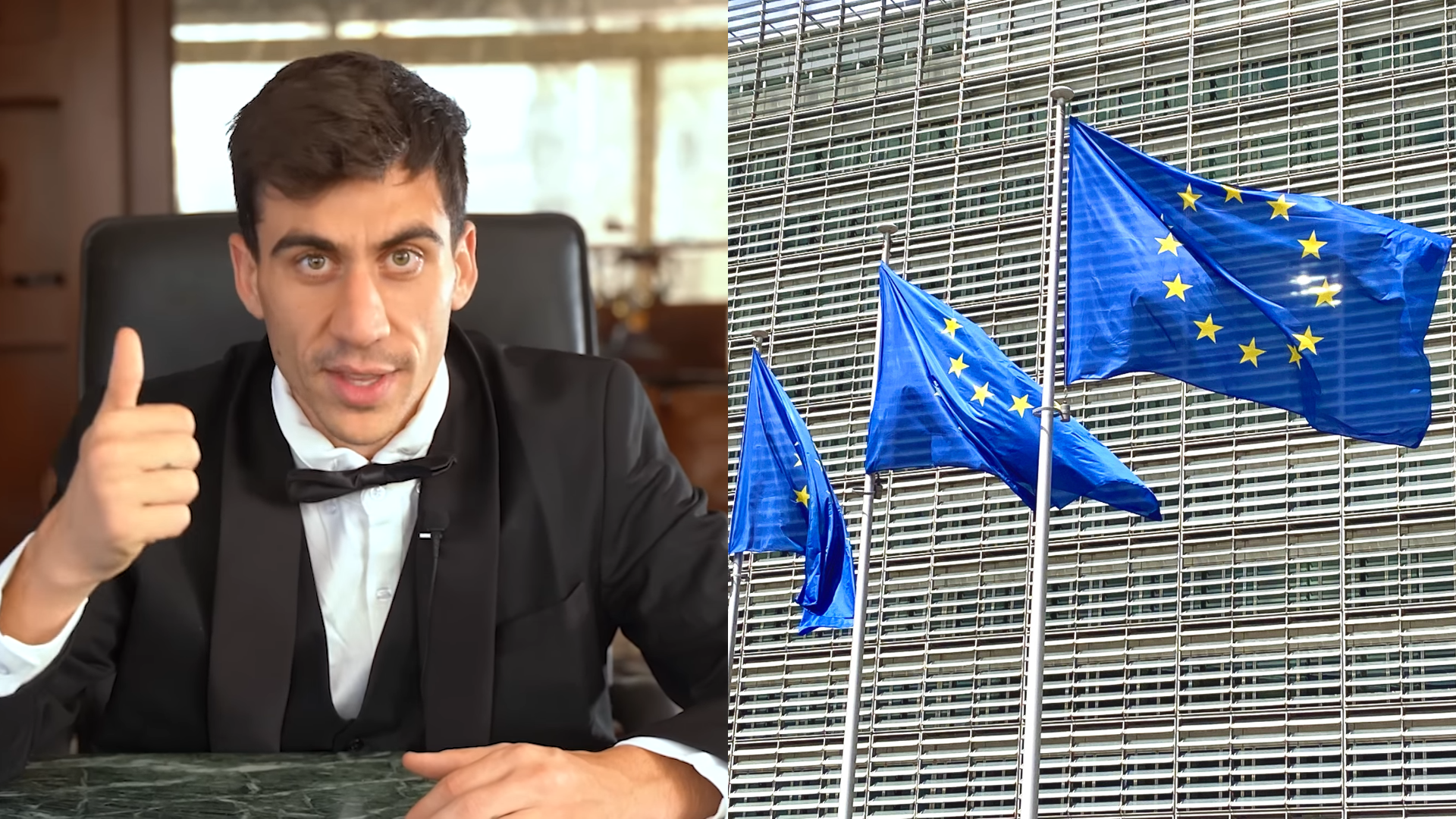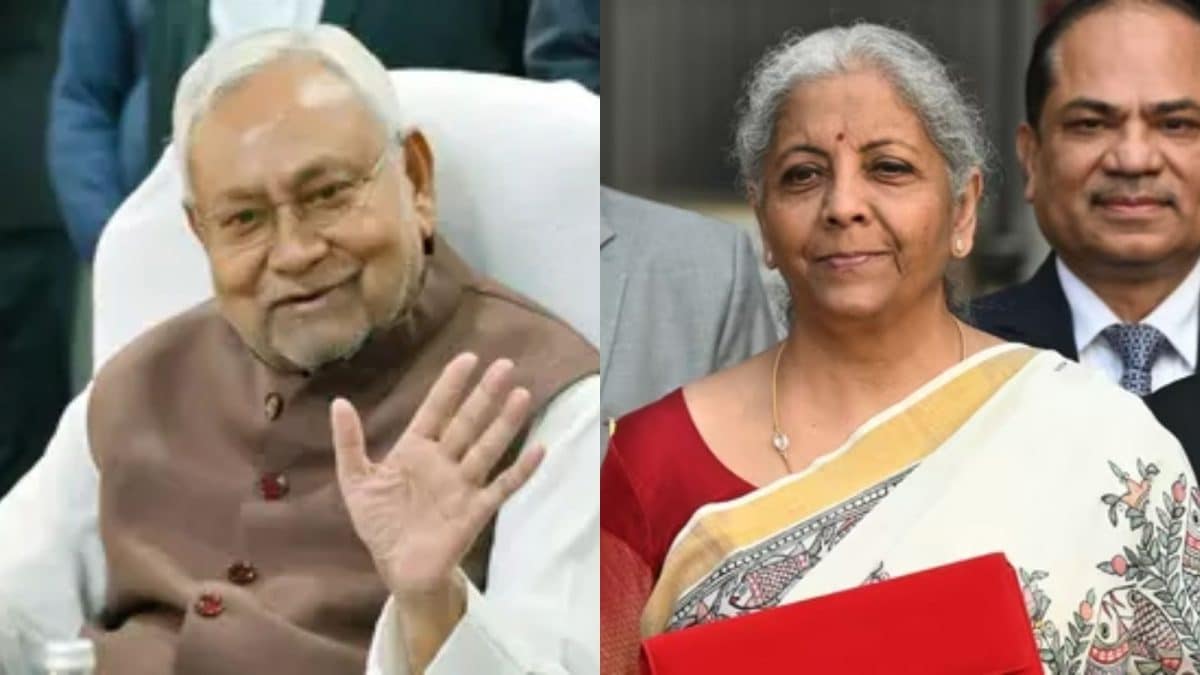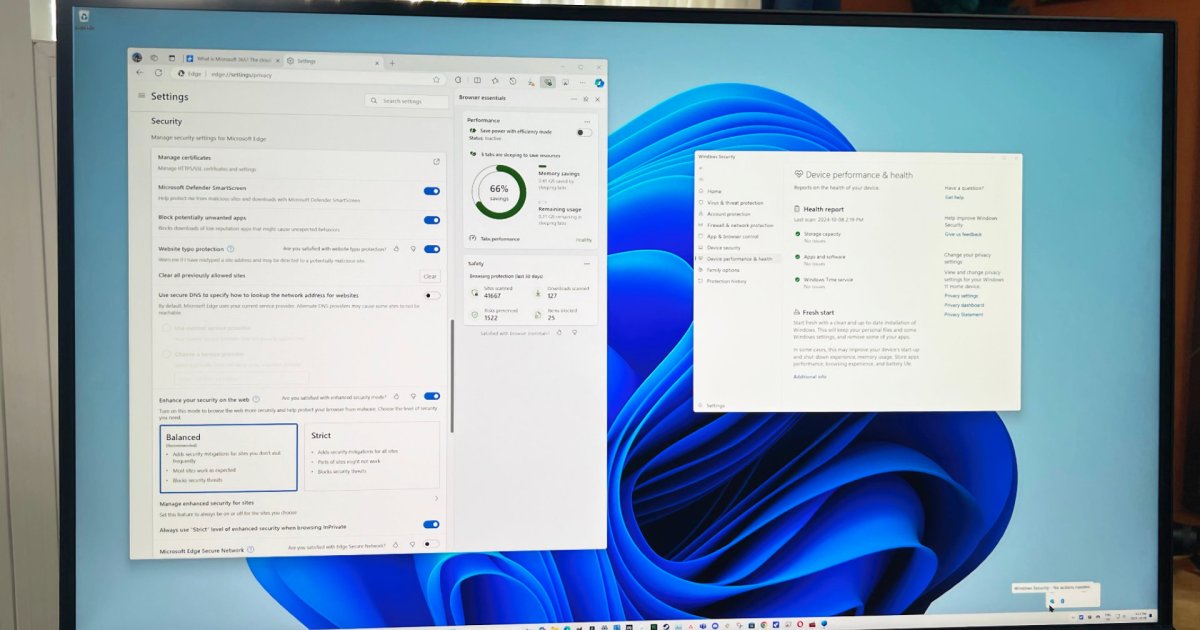A recent TikTok clip by Fidias Panayiotou, a YouTuber-turned-politician, has gone viral, shedding light on the remuneration and benefits of a member of the European Union (EU) Parliament. Widely known as Fidias, the newly-elected polictician offers an insider’s perspective on the financial perks enjoyed by Members of the European Parliament (MEPs).
How Much Does an EU MEP Earn?
In the TikTok video, Fidias reveals that an MEP receives a regular salary of €8,000 per month. Additionally, they earn €350 daily when they attend EU Parliament sessions to sign new papers. Moreover, Fidias highlights that MEPs have a monthly budget of €30,000 to pay their team members who handle administrative tasks. They are also allotted €5,000 per month for maintaining an office in their home country.
Furthermore, MEPs receive a budget for external affairs, including €4,000 per month to promote their parliamentary work and €10,000 per month to facilitate visits to the Parliament in Brussels. This fund aims to enhance public understanding of parliamentary activities.
“In addition to all this money, I get some benefits like having a driver here in Brussels to drive me around, and also business class tickets to fly back to my home country,” Fidias stated in his video.
According to the EU Parliament, the gross monthly salary of an MEP is €10,377.43, which is reduced to €8,089.63 after EU taxes and insurance contributions. MEPs’ wages are set at 38.5% of the basic salary of a judge at the Court of Justice of the European Union (CJEU). As reported by Euronews, an MEP’s earnings are almost four times the average European citizen’s income, which stands at approximately €2,944 per month.
Who Is Fidias: Prankster-Turned-Politician
Fidias, a Cyprus-based YouTuber, rose to fame through various online stunts and content, including his quest to hug 100 celebrities, culminating with SpaceX CEO Elon Musk. However, some of his pranks have stirred controversy, such as his vlog “I Travelled Across Japan For Free,” where he dodged train fares and a five-star hotel breakfast bill, leading to backlash from both locals and the online community. Amid rising criticism, Fidias apologised, saying, “Hello beautiful people. I apologise to the Japanese people if we made them feel bad; that was not our goal.”
In January this year, Fidias announced his candidacy for the EU Parliament, admitting he had no prior knowledge of politics or the European Union but was eager to learn. “I am 23 years old, and I have never voted. I said to myself one night that if I never vote and I never take an interest, the same nerds are always going to be in power, and I said ‘enough!'” he declared.
He emphasised that his intention was not necessarily to win but to inspire young people to participate in elections. “I heard somewhere that if you are unsatisfied with things around you and want them to change, you have to be the change. Why did I choose to be independent? Because I can’t fit into moulds. Because I want you to know I have no party interests to serve,” he added.
Fidias’ political journey reflects a growing trend of social media influencers entering politics. In the United Kingdom, YouTubers Niko Omilana and Max Fosh ran for the London mayoral elections in 2021, and Niko recently campaigned for prime minister in the 2024 UK elections. This trend signifies a new wave of political engagement where digital personalities leverage their online influence to inspire political participation among the younger generation.







